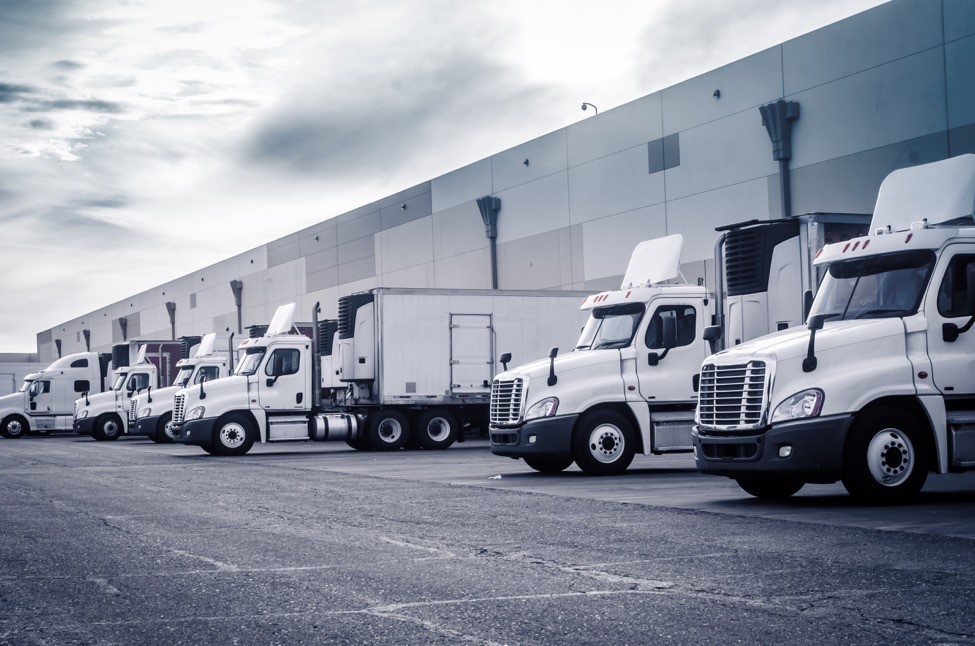We see lorries, truck and heavy goods on the roads every single day, they even make up 5% of motor vehicle traffic within the UK and in the US, over 3.5 million people worked as truck drivers in 2019 but we rarely give a second thought to them. Have you ever stopped to think what these vehicles contain, where they come from and where they are going.
Unsurprisingly, with the world’s attention is focused on other matters, our dependence on Heavy Goods Vehicle (HGV) drivers doesn’t seem to be of much importance to us, but in reality, they are vital. Much of our lives is dependent on these wagons that pound the roads day in, and day out, and so it’s never been more important to understand the devastating impact the shortage in truck drivers could have on our daily rituals, long after the pandemic.
HGV uses
The most obvious use that they serve is to transport goods around the world to make sure that our supermarket shelves are stocked. The lack of drivers is meaning that deliveries are being delayed, prices are forecast to increase, and the lack of stock in some areas is continuing to make the news.
Supermarkets
When it comes to our food and supermarkets, we turn up and expect shelves to be stocked with everything we need, but what happens when shelves become bare? Although our first experience of this was at the start of the pandemic during the ‘panic buying’ stage, who knew the next time you were unable to pick up milk and eggs was because of issues down the supply chain.
The media has covered many a store where shoppers were unable to purchase even the basics, but worries leading to Christmas are also starting to hit the headlines. The shortage can be largely pinpointed to changes in laws thanks to Brexit and the COVID-19 pandemic, but if this is not addressed soon, it is likely that most of the country will feel the impact.
These lorries can often travel thousands of miles to bring all of your favorite items to a shop near you, and each store will rely on deliveries that originated in all four corners of the globe.
It is not just getting the good to the shops that is important, it is getting them out again. Recent lockdowns have meant many people have had no choice but to have their groceries delivered to home, and these individual shops all arrive in HGVs too.
Construction
These deliveries don’t just impact on your food, they also supply many other different trades. The construction sector has also been hit quite hard by these shortages, and they rely heavily on HGVs to receive everything from timber and roof tiles to bags of cement and insultation. They also keep other vital services running, such as our hospitals, schools and care homes.
Waste Management
Another huge and vital use of HGVs is in relation to waste management. These Heavy Goods Vehicles will empty your bins, take away your recycling and transport industrial waste to places where they can be properly dealt with.
Driver shortages
It’s worth understanding this isn’t just a UK problem, a shortage in HGV drivers has impacted so many other countries across Europe and beyond, that the stress of this impact is steadily becoming a serious topic of discussion for small, medium and large businesses, so may even call it a ‘global phenomenon’.
There are many reasons for driver shortages, including the fact that many drivers who came from overseas over fears that they may not be able to work when Brexit came into effect and to be near their families when COVID struck.
It is also the case that the average age of a HGV driver has been going up in recent years, with the current number standing at 55, many of which will be thinking about their retirement, and so very few are coming through to replace them, partly because training has been delayed.
However, in recent weeks many companies have come forward to offer incentives and even free HGV training to kickstart people’s careers and speed up the process of getting drivers back on the road.
There is also unrest within the driver’s community in relation to working conditions that has led to talk of strikes and industrial action. A combination of low pay and long hours has left many drivers feeling undervalued. Surprisingly, this isn’t new, as negative reports of drivers health has been spoken about long before the pandemic.
Their knowledge of how much their work affects our daily life has led many to believe that staying at home instead of being on the road is the best way to make people sit up and take notice of them.
The HGV might be a staple of our motorways, but it does not pay for us to ignore the work that they do. By keeping the HGV wheels rolling, they also keep the wheels of industry, retail and therefore the whole country rolling as well.
About the author

Emma Tyrer, Head of Sales and Marketing of Walker Movements
Emma Tyrer is the Head of Sales and Marketing of Walker Movements, who are specialists in quality second-hand, used trucks and trailers and are global leaders in the trucking industry. Walker Movements have a true passion for the industry and make it their mission to answer any question customers can throw at them.

